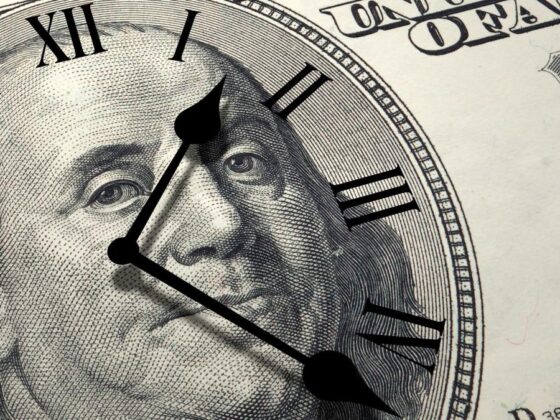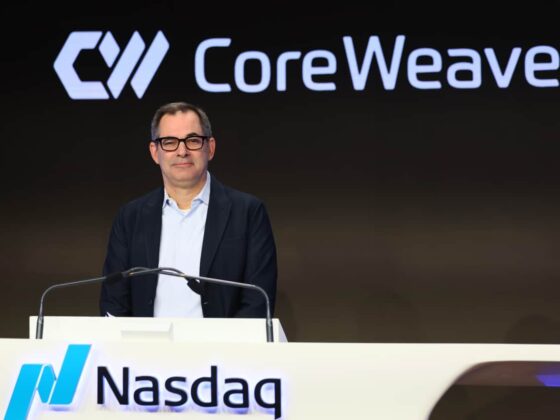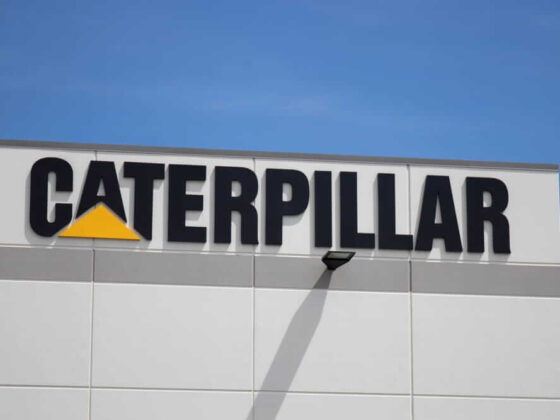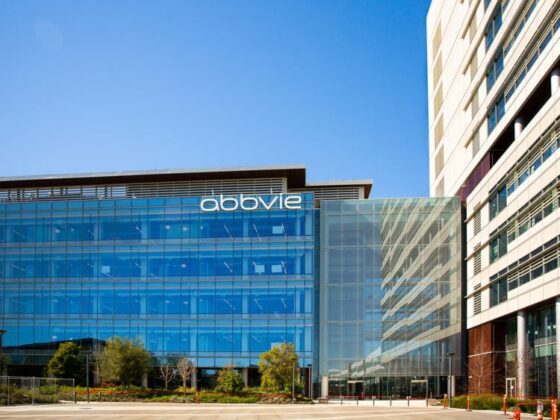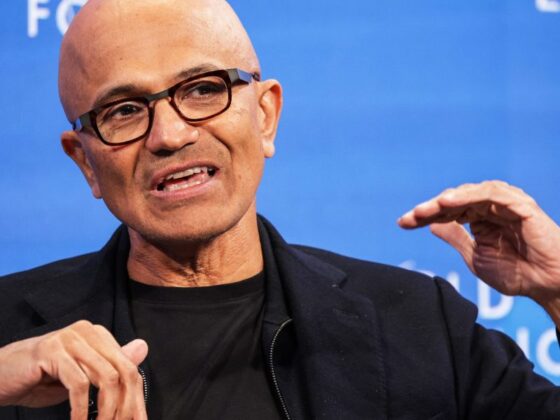Deciding between buying a car or a house is one of the most significant financial choices in 2025. Both involve long-term commitments and can have a lasting impact on personal finances. While the two serve different purposes, the smarter investment depends on individual circumstances, financial priorities and current market trends.
Read More: Renting vs. Owning a Home: Which Will Be Cheaper in 2025?
Find Out: 7 Luxury SUVs That Will Become Affordable in 2025
According to real estate expert Robert Grunnah, founder of Castle Hill Investments and Austin House Buyer, only one offers lasting value. “Houses win this competition hands down because they build wealth and autos destroy it with depreciation,” Grunnah said. “Real estate appreciates over time and generates tax savings, equity appreciation and potential rental income, while cars depreciate 20%-30% the instant you purchase them and continue to do so.”
Homeownership offers benefits such as equity growth and fixed monthly payments. Programs like FHA loans and first-time buyer tax credits provide support for qualifying buyers. The mortgage interest deduction also remains available for many homeowners, according to the IRS.
Still, buying a house requires a significant upfront investment. A 20% down payment on a $440,000 home totals $88,000, not including closing costs and ongoing maintenance expenses. The process can also be complex, with potential financial risk if personal circumstances change or the market shifts.
The automotive market in 2025 faces rising prices, elevated interest rates and growing demand for electric vehicles. The average price of a new car remains over $48,000, according to Kelley Blue Book (KBB), and loan rates have increased across the board.
“Car prices remain high due to supply chain disruptions and the shift to electric vehicles is calling into question the resale value of conventional cars,” Grunnah explained. “Gas-powered vehicles are at risk of accelerated depreciation.”
Learn More: The Cheapest Place To Buy a Home in Every State
The average new vehicle loses about 55% of its value within the first five years, according to KBB. By contrast, home values have increased at a much faster pace. U.S. home prices have appreciated about 8% to 9% per year over the past five years and about 6% to 7% annually over the past decade, according to NCHStats.
Grunnah recommends keeping car purchases modest. “A good used car in the $15,000 to $20,000 range is adequate for transportation needs without the massive depreciation hit of buying a new car,” he said. “The plan preserves money for the ultimate home purchase, which builds wealth in the long term.”




